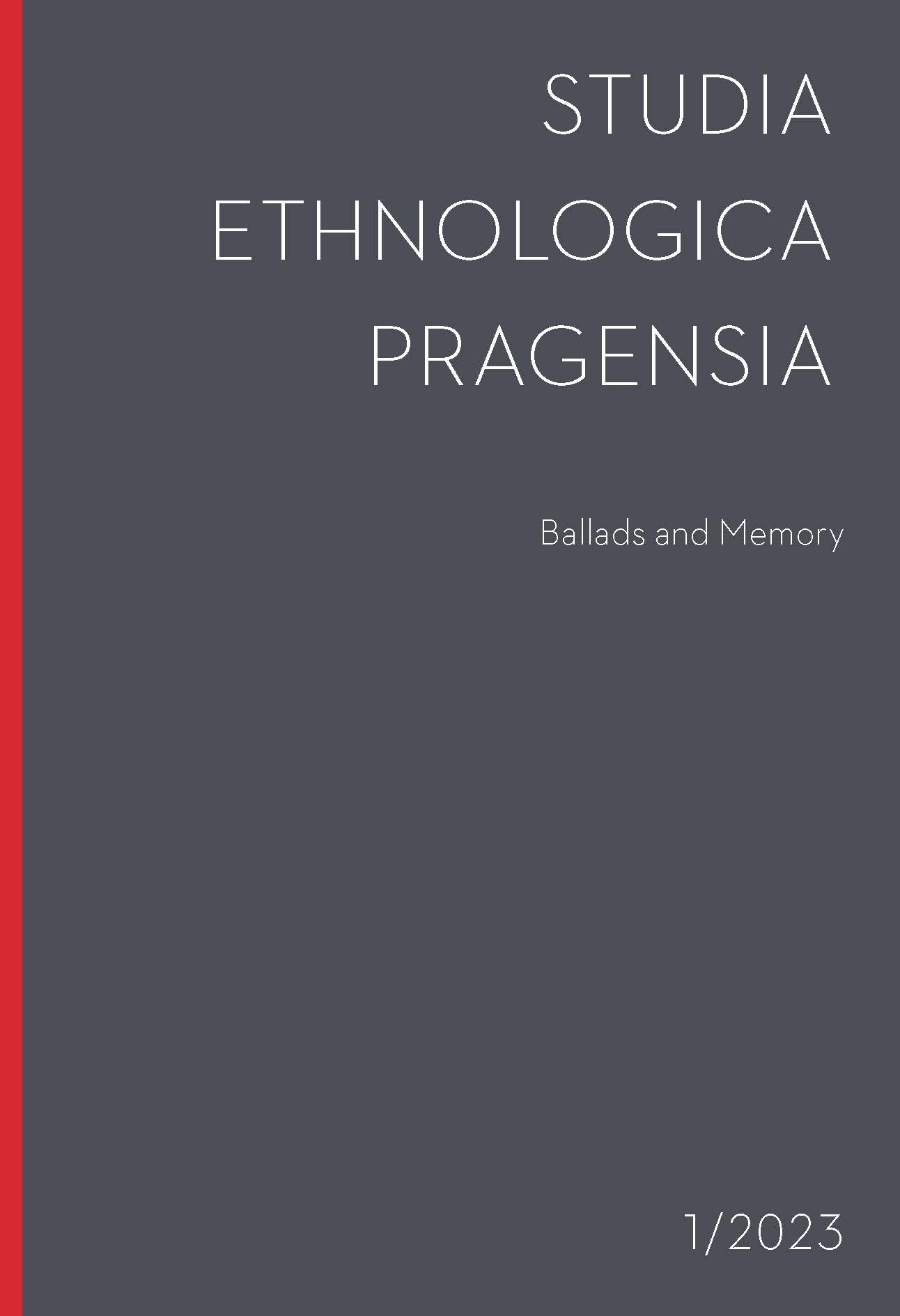A Latin-Hungarian Prisoners’ Song from the Beginning of the Eighteenth Century
A Latin-Hungarian Prisoners’ Song from the Beginning of the Eighteenth Century
Author(s): István Csörsz RumenSubject(s): History, Cultural history, Ethnohistory
Published by: Univerzita Karlova v Praze - Filozofická fakulta, Vydavatelství
Keywords: prisoner song; outlaw; Latin; Romania; Hungary
Summary/Abstract: ‘Inolus, Inolus’ is one of the most mysterious text families in eighteenth-century Hungarian popular poetry. It emerges in both Latin and Hungarian manuscript versions, primarily in East Transylvania and later around Debrecen too. The secret hero of the prisoner’s song is a jailed robber who was sentenced to death. He mourns his own fate leaving a moral for those around him, or for posterity. According to some researchers, this song is about a Rumanian outlaw leader, Gligore Pintea. Others tried to identify vague Armenian references in the text. A reassuring solution has not yet been found. Another complex motif is the hidden treasure in the linden tree, about which the protagonist might have sent some encoded message in Latin from the prison. This topic is very popular in tales but not in linguistic context, so we are almost unable to decode it. It is a typical model-poem of our popular poetry and warns us against a too easy and quick interpretation; moreover, it gives us strength and patience to protect us from the danger of a ‘too clear-cut to be true’ final conclusion.
Journal: Studia Ethnologica Pragensia
- Issue Year: 2023
- Issue No: 1
- Page Range: 9-23
- Page Count: 15
- Language: English

